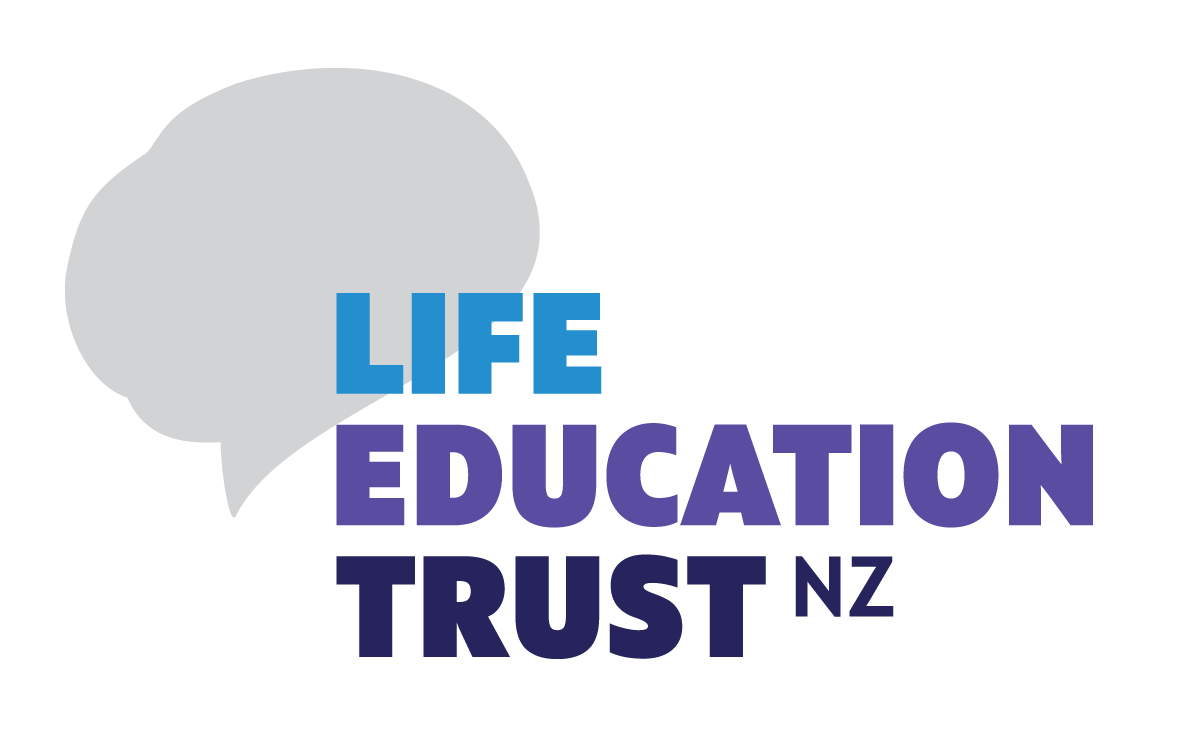Chinese Language Week is a powerful learning opportunity
Why should Kiwi’s embrace Chinese Language Week? Life Education Trust's Programme and Development Manager, Jo Mortimer, explains the benefits for our tamariki are vast. New languages help children build empathy, boost their brains, and strengthen identity.
New languages help children develop empathy
Exposure to other languages helps children see things from different perspectives. In fact, studies have found that there's a benefit even if children don't actually learn to speak the other languages. For millennia, being surrounded by different languages and dialects has been the norm. And now, the world is more interconnected than ever before. Our young people face a future that demands those from diverse cultures and viewpoints work together on collective challenges. Chinese Language Week offers an opportunity to help equip them.
Language is vital in building trust and connection
Every day, Life Education Educators see the power of language in building connections. Our team educates over 240,000 tamariki across the country through our health and wellbeing programme each year. Using words or phrases that reflect the backgrounds of our students is a way of acknowledging their identity and the diversity that exists within the classrooms of Aotearoa.
When we use a welcome or phrase children might use at home, it can help them feel connected to learning at school. Being recognised and spoken to in your own language is a powerful experience. For children who are building their sense of self-identity, it’s validating and affirming. It certainly helps strengthen the teacher-student relationships. Even a few words or phrases help pave the way for critical conversations about health and wellbeing.
Learning a language allows children to be more culturally aware
Language and culture are deeply intertwined; you gain insights into one when you learn about the other. It means learning a language such as Chinese gives our children an opportunity to be more culturally aware. Children who are exposed early to other languages display more positive attitudes to the cultures associated with those languages. For example, both te reo Māori and Mandarin identify familial relationships carefully and richly; this reflects the importance of relationships in the history of these languages.
Learning other languages boosts your brain
Learning new languages increases problem-solving, critical thinking, and listening skills. It’s a great way to extend our children intellectually. Children who can speak more than one language gain creativity and mental flexibility. Later, bilingual brains may be able to compensate for deterioration because there are more cognitive pathways to call on.
Learning another language brings academic advantages as well. It can help children better understand the grammar and structure of their own language. Research also suggests bilingual children have an advantage in understanding visual materials. When media plays such a big part in our children’s lives, our children need to grow skills to understand nuance, perspective and think critically.
Enjoyment is essential in learning
Along with the scientific and academic rewards, learning a new language is fun, which is vital. Wherever Life Education Trust takes our programme, we see how enthusiastic children are about learning new words. They’re eager to try new songs and words, and they have fun with it! Making learning engaging and enjoyable is a priority for our team, and it’s one of the reasons our programme is so successful.
This opinion piece was shared on Stuff.co.nz here.
